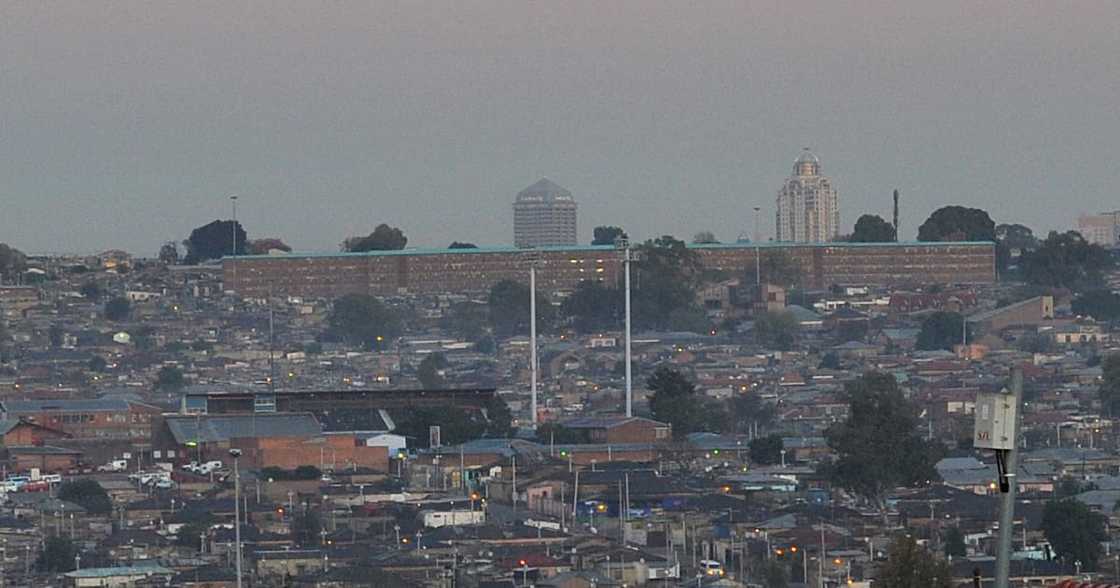SA's Black Middle Class Has Grown, Wealth Gap Unchanged Since Apartheid
- Legacies of apartheid have meant that South Africa's wealth gap has not decreased since the implementation of democracy
- While there are more black people that account for 10% of South Africa's wealth gap, racial inequality is still apparent
- Reports show that South Africa's government has not been able to eradicate legacies of colonialism and apartheid
PAY ATTENTION: Click “See First” under the “Following” tab to see Briefly.co.za News on your News Feed!
Statistics show that 10% of South Africa's richest population owns more than 85% of the household wealth of the country.
According to a World Inequality Lab report, black people may account for the majority of the 10% in numbers for the past seven years, however, the wealth gap between South Africa's richest and poorest has not decreased.

Source: Getty Images
The decline in racial inequality in the richest population percentile is largely driven by the top black people receiving a higher income rather than a bridge between the poor and the rich.
PAY ATTENTION: Never miss breaking news – join Briefly News' Telegram channel
According to TimesLIVE, South Africa's current government has failed to narrow the wealth gap created by colonialism and apartheid and as a result, about 3 500 individuals own more than what 30 million of the population have in a country that has an average population of 60 million people.
“There is no evidence that wealth inequality has decreased since the end of apartheid,” says World Inequality Lab.
Allocation of assets that have been in place before the country's democracy is part of the reason the wealth gap remains unchanged. TimesLIVE reports that in the past 25 years, South Africa has rather seen an increase in the black political elite, black business owners and the black middle class, however, this has not swayed the gap in economic inequality.
Legacies of apartheid are preventing black people from improving their economic situation
It has been noted that township structures that were created during apartheid that meant that black South Africans lived far away from their place of work have made it difficult for them to navigate in the economic sphere.
In addition to that, South Africa's education system has not been able to prepare individuals to enter the workspace. Affirmative action policies and laws requiring minimum black ownership stakes in firms have also failed to reduce economic inequality in South Africa.
Gwede Mantashe to alliance partners: Embrace radical economic transformation
Briefly News previously reported that ANC chairperson Gwede Mantashe wants the ruling party's alliance partners to embrace radical economic transformation (RET). Mantashe was speaking during the South African Communist Party's virtual centenary celebrations.
The politician urged the alliance partners not to only sloganise the idea of RET but to accept it as one of the solutions to change the lives of struggling South Africans.
Mantashe had earlier shared on Twitter that he would deliver the ANC's message of support at the 100th founding anniversary virtual rally on behalf of President Cyril Ramaphosa.
The SABC reports that Mantashe, who is a member of the Central Committee of the SACP, expressed that RET could only be achieved by a united alliance that will be able to deal with challenges facing ordinary Mzansi citizens.
Enjoyed reading our story? Download BRIEFLY's news app on Google Play now and stay up-to-date with major South African news!
Source: Briefly News



